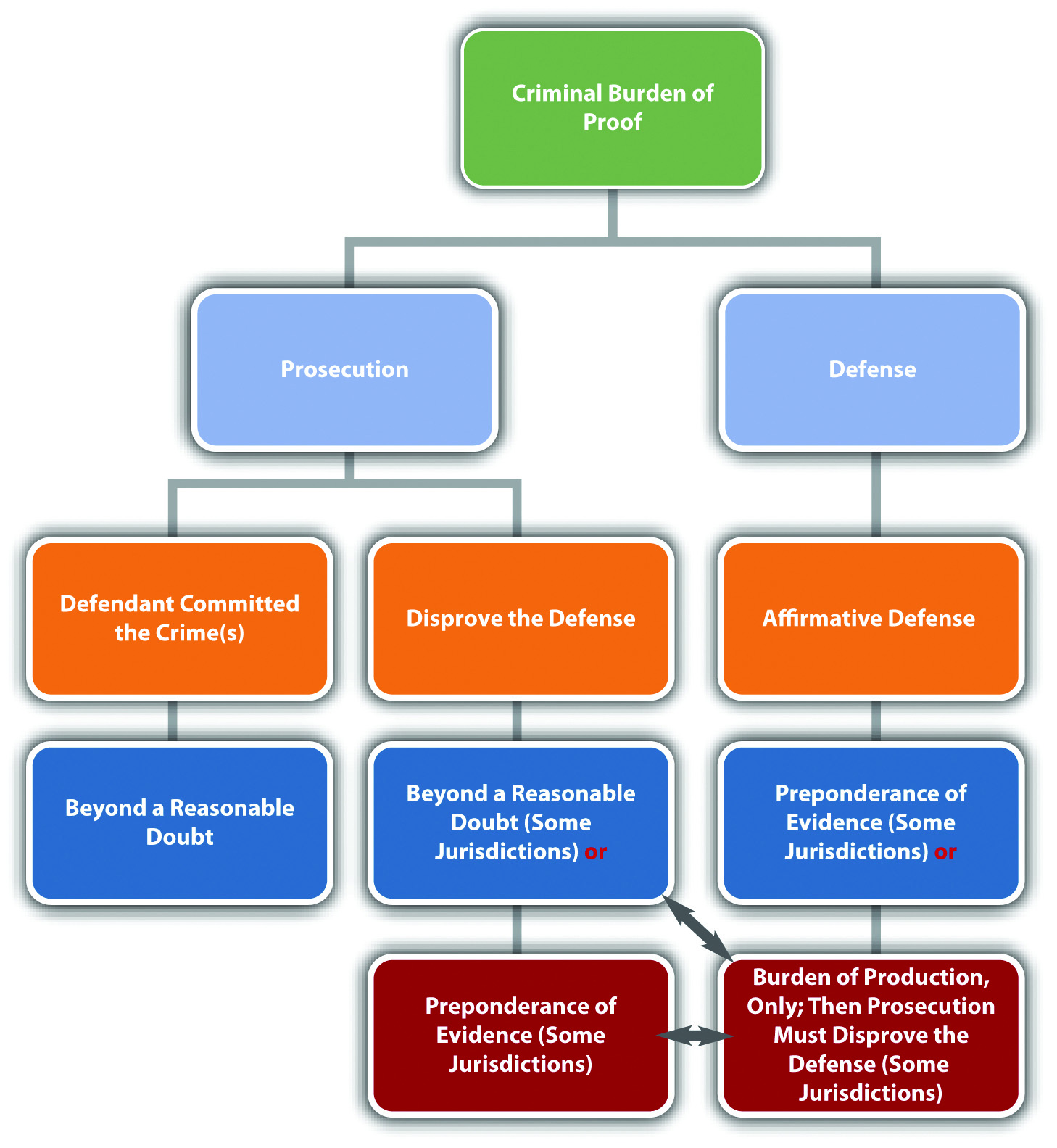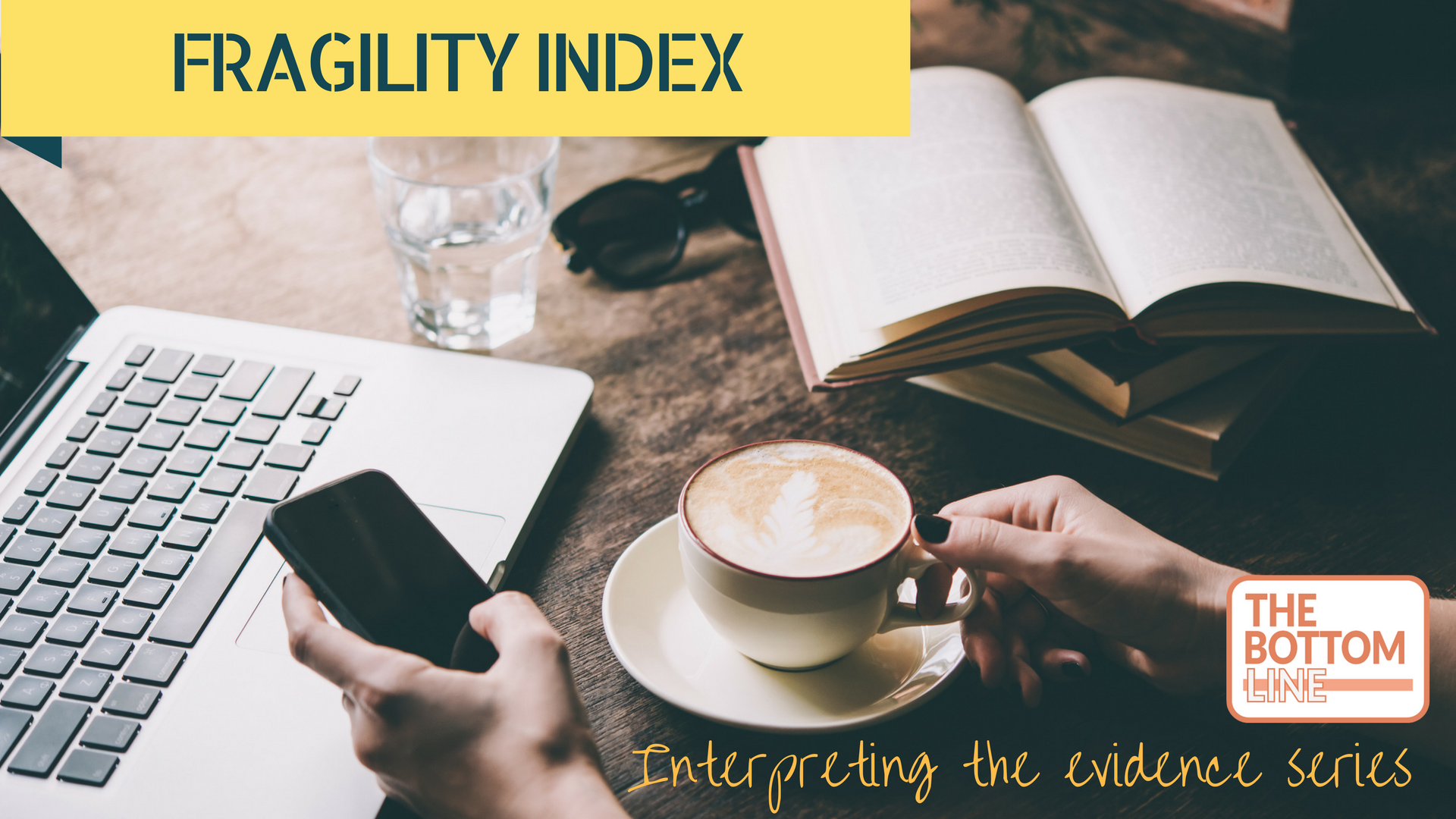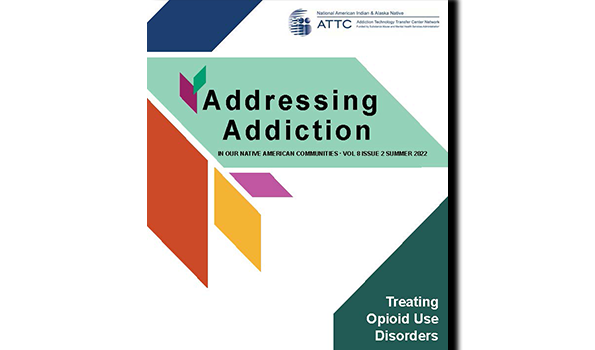1. Legal Consequences:

- Breach of contract: Failing to disclose material information can constitute a breach of contract, entitling the other party to damages or rescission of the agreement.
- Misrepresentation: Intentional or negligent omission of material facts can be considered misrepresentation, leading to legal liability for any losses suffered by the relying party.
- Securities fraud: In the context of securities transactions, omission of material information can violate securities laws and result in fines, imprisonment, and disgorgement of profits.
2. Reputational Damage:

- Loss of trust: When stakeholders discover that material information was withheld, it can erode trust in the organization and its leadership.
- Negative publicity: Omissions can generate negative media attention, damaging the organization's reputation and potentially driving away customers and employees.
- Reduced credibility: A history of non-disclosure can make it difficult for the organization to be taken seriously in future negotiations or public relations efforts.
3. Financial Impact:

- Loss of revenue: Omissions can lead to the loss of existing contracts or missed opportunities due to the resulting damage to the organization's reputation.
- Increased legal fees: Defending against legal claims arising from omissions can incur significant expenses for the organization.
- Diminished asset values: Non-disclosure can reduce the value of the organization's assets or make it more difficult to secure financing.
4. Operational Challenges:
- Delayed decision-making: Omissions can prevent stakeholders from making informed decisions, leading to delays and poor outcomes.
- Reduced efficiency: Lack of transparency can hinder communication and collaboration, slowing down operations and reducing productivity.
- Internal distrust: When employees believe that information is being withheld, it can create a climate of distrust and lead to reduced morale and commitment.
5. Ethical Violations:
- Compromise of integrity: Omissions can be perceived as a breach of ethical principles, undermining the organization's commitment to honesty and transparency.
- Violation of stakeholder rights: Stakeholders have a right to know material information that affects their interests or decisions.
- Diminishment of public confidence: Non-disclosure can erode public trust in businesses and institutions, damaging the overall economic and social fabric.
Conclusion:
The risks of failing to disclose material information are significant, ranging from legal consequences to reputational damage, financial impact, and ethical violations. Organizations must prioritize transparent and complete disclosure to protect their interests, foster stakeholder trust, and mitigate potential risks.# The Burden Of Omission: Risks Of Failing To Disclose
Executive Summary
Failing to disclose information can have serious consequences, both legal and ethical. In this article, we will explore the risks of failing to disclose, particularly in the context of business transactions. We will also provide tips on how to avoid these risks and ensure that you are always acting in good faith.
Introduction
In the business world, it is essential to be transparent and honest in all of your dealings. This means disclosing all material information to the other party, even if it is not specifically requested. Failing to disclose can have serious consequences, both legal and ethical.
FAQs
FAQ 1: What is the definition of material information?
Material information is any information that could reasonably be expected to affect the decision-making of the other party. This can include information about the company's financial condition, its products or services, or its management team.
FAQ 2: What are the consequences of failing to disclose material information?
Failing to disclose material information can lead to legal liability, including lawsuits for breach of contract, fraud, or negligence. It can also damage your reputation and make it difficult to do business in the future.
FAQ 3: How can I avoid the risks of failing to disclose?
The best way to avoid the risks of failing to disclose is to be transparent and honest in all of your dealings. This means disclosing all material information to the other party, even if it is not specifically requested. You should also keep a record of all communications with the other party, so that you can prove that you disclosed all of the relevant information.
Top 5 Subtopics
Here are the top 5 subtopics related to the risks of failing to disclose:
1. Legal liability
Failing to disclose material information can lead to legal liability, including lawsuits for breach of contract, fraud, or negligence. In some cases, you may also be held liable for damages caused by the other party's reliance on the undisclosed information.
2. Ethical implications
Failing to disclose material information is a violation of ethical principles and can damage your reputation. It is important to be honest and transparent in all of your dealings, even if it means disclosing information that is not favorable to you.
3. Burden of proof
If you fail to disclose material information, the burden of proof will be on you to show that the other party would have made the same decision even if they had known the undisclosed information. This can be a difficult burden to meet, and it is therefore important to disclose all material information upfront.
4. Statute of limitations
The statute of limitations for lawsuits based on a failure to disclose is generally 2 years from the date of the disclosure (or from the date the disclosure should have been made). It is important to be aware of this statute of limitations so that you can file a lawsuit in a timely manner if necessary.
5. Indemnification
You may be able to protect yourself from the risks of failing to disclose by obtaining an indemnification agreement from the other party. An indemnification agreement is a contract in which the other party agrees to reimburse you for any losses or damages that you may incur as a result of failing to disclose material information.
Conclusion
Failing to disclose material information can have serious consequences, both legal and ethical. It is important to be transparent and honest in all of your dealings, and to disclose all material information to the other party, even if it is not specifically requested. By following these tips, you can avoid the risks of failing to disclose and ensure that you are always acting in good faith.
Keyword Tags
- disclosure
- material information
- legal liability
- ethical implications
- burden of proof






















































































































































 Global Online Gambling & iGaming is a full service cash Online Gambling & iGaming marketing consultancy with casino partners situated around the world.
Global Online Gambling & iGaming is a full service cash Online Gambling & iGaming marketing consultancy with casino partners situated around the world.